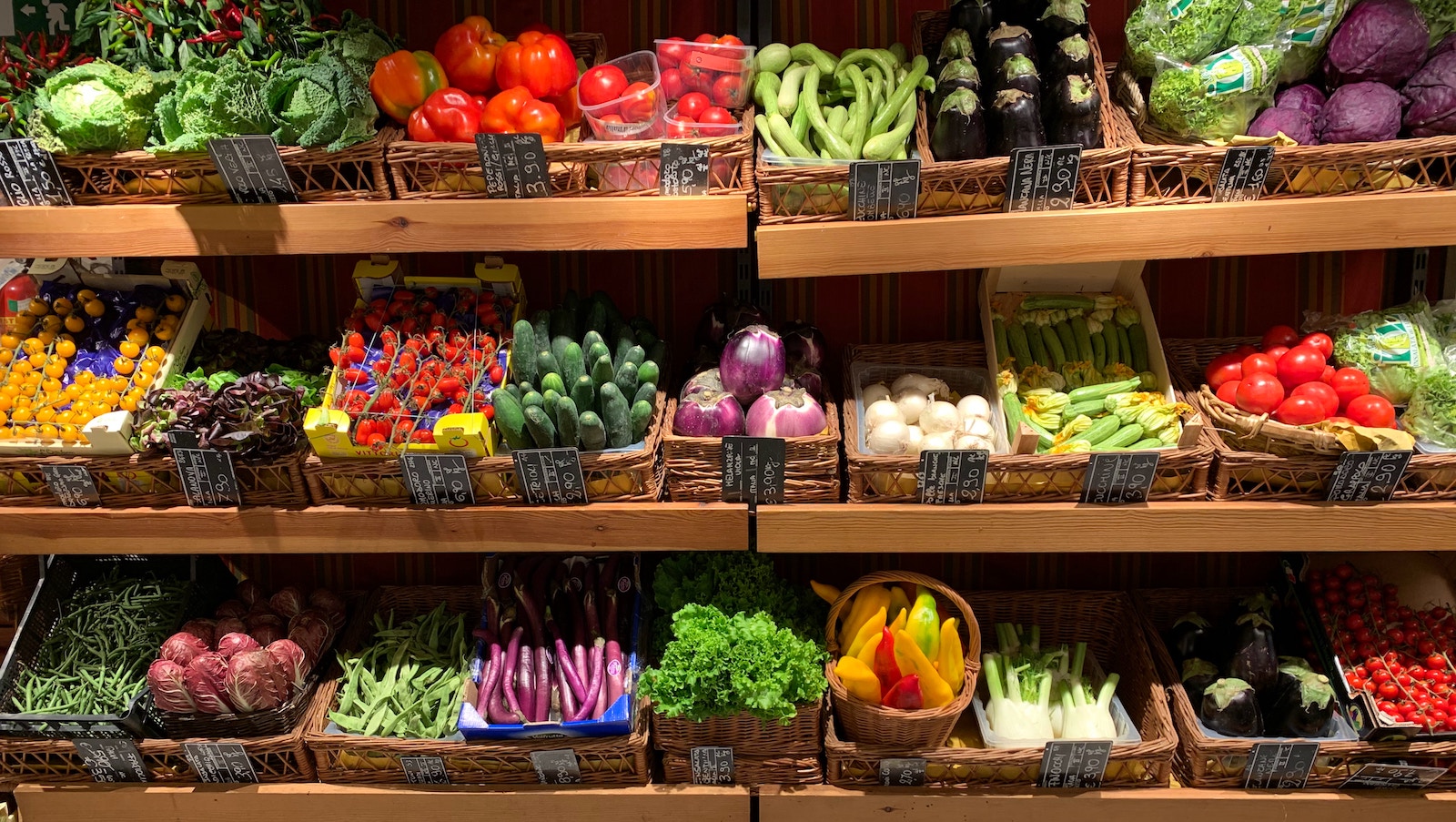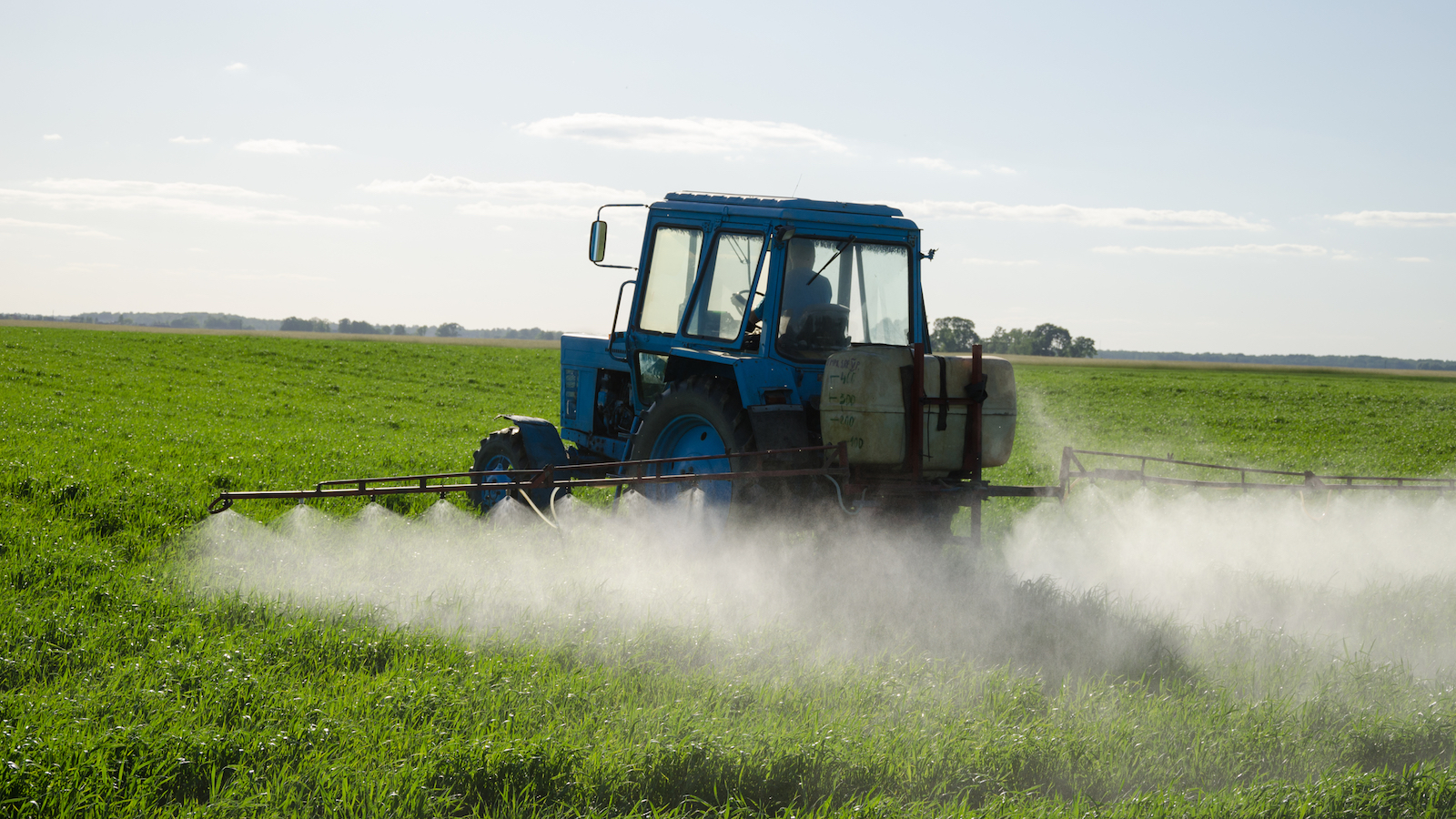For many, the post-antibiotic era is already here
The dawn of antibiotics launched nearly a century of rapid advances in modern medicine, saving millions of people from once-fatal infections. Pills and creams are now sufficient to treat once-deadly injuries. These “miracle drugs” are not invincible, however, and as we’ve overused these drugs, we’ve sprinted towards a threshold that threatens millions of lives: the post-antibiotic era, in which today’s life-saving medicines no longer work.
For many, this era is already here. When Michael Gold contracted a flu that turned into a type of antibiotic resistant pneumonia, he suffered impaired breathing and a cough that “felt like a lion was trying to escape my body.” It took 10 days in the hospital with an IV drip to recover.
When Jaime Heath’s husband contracted MRSA, a form of drug-resistant staph infection, she watched a healthy, 34 year old man suddenly overwhelmed by an infection that nearly blinded him, and resulted in 5 days of hospitalization. Jaime said that blindness “would have ended his career as a truck driver. We are lucky that there was no permanent damage. However, my family is still paying on this hospital bill 3 years later.” Her family’s hardship is not unique.
Just ask a nurse; Theresa Noble works as a nurse in Portland, Oregon and with 40 years of experience behind her, she is no stranger to resistant infections. During some 12 hour shifts, she can see as many as three patients suffering a difficult-to-treat illness. “The suffering of these patients is long, painful, demoralizing, expensive and, for not just a few, lethal,” she said in response to our call for stories. “I live in fear for my grandchild who may end up living in a world where basic surgery, childbirth or a simple injury is deadly. That is not at all a far-fetched concern.”
Theresa is right. To fix a kidney ailment, Kayla* required two operations early in her life that exposed her to an antibiotic resistant infection. Her grandmother, Felicia, told us that “To see a tiny infant struggling against an invisible assault on her frail body is a tough thing to witness. To have a ‘simple corrective operation’ turn into a life threat is terrifying. To know that she had to be put on medications that most folks will never need in the course of a lifetime, was beyond upsetting… Blessedly, this horrific experience had a happy ending. It easily could have been otherwise.”
As these nightmarish experiences increasingly become reality, we should be doing everything we can to prevent the worst of the post-antibiotic era and more stories like these. It certainly makes no sense for us to accelerate the danger. Yet, across conventional livestock and poultry operations we continue to waste up to 70% of our life-saving medicines on animals that often are not sick. The steady stream of antibiotics fed to these animals across the nation dramatically increases the opportunity for bacteria present on these farms to develop resistance to the drugs. These antibiotic resistant bacteria can spread off the farm and into our communities, where they infect people with hard-to-treat, and sometimes fatal, illnesses.
We’ve seen that restaurants can help stop the overuse of antibiotics by committing to serve meat not raised on our life-saving medicines, like McDonald’s and Subway did last year. That’s why we’re calling on KFC now to use its substantial buying power to help put an end to this practice once and for all. By buying chicken raised without the routine use of antibiotics, the Colonel of fried chicken would push its suppliers to change their practices, and send a message to the entire industry that the time to save antibiotics is now.
If you haven’t already, please join our call.
*some names have been changed to protect privacy.
Topics
Authors
Anya Vanecek
Find Out More

New report reveals widespread presence of plastic chemicals in our food

How much food waste does America create and what can we do about it?

Toxic PFAS chemicals are being sprayed on crops across the country

